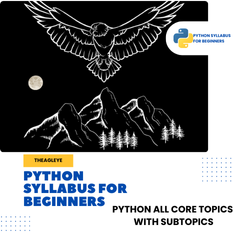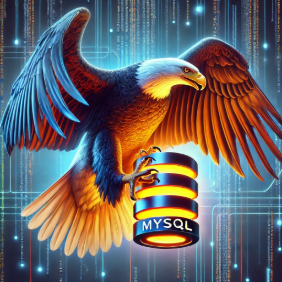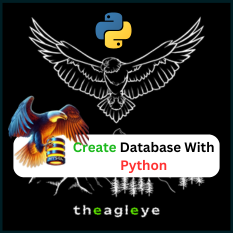What are the Control Statments in Python?
Control statements in Python are used to control the flow of execution in a program.
They allow you to make decisions, execute code repeatedly, and break out of loops or functions.
There are three main types of control statements in Python:
- Conditional Statements
- if
- elif
- else
- nested if else
- Loops
- for
- while
- Control Flow Modifiers
- break
- continue
- pass
- assert
Why We Need Control Statments
- Decision-Making
- Repetition (Loops)
- Code Efficiency and Reusability
- Handling Different Scenarios
- Improving Program Logic and Readability
- Handling Errors and Exceptions
- Interactivity with Users
Control statements are essential for making programs flexible, dynamic, and efficient. They allow the program to make decisions, repeat tasks, adapt to various conditions, and respond to user input or external events. Without control statements, coding would be limited to static, linear execution, making it difficult to solve complex, real-world problems.





Leave a comment
You must be logged in to post a comment.